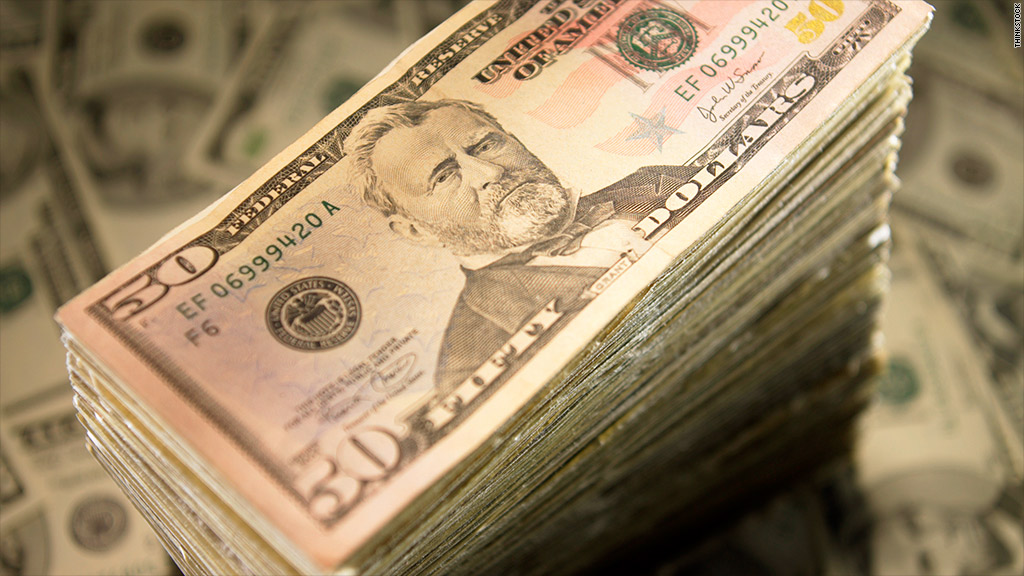
In a setback for advocates of Wall Street reform, a proposal to regulate money-market mutual funds has been tabled by the Securities and Exchange Commission because there weren't enough votes to approve it.
SEC chairman Mary Schapiro expressed regret for the proposal's withdrawal. In a statement Wednesday night, she said the 2008 financial crisis highlighted the need for the reform proposal, which was two years in the making.
"I consider the structural reform of money markets one of the pieces of unfinished business from the financial crisis," she said. She urged other policymakers to take up the effort.
Money-market mutual funds, which invest in Treasuries and other debt securities, played a big role in the 2008 crisis. Shortly after Lehman Bros. filed for bankruptcy in September of that year, one key fund announced its clients could get back only 97 cents of every dollar they had put in the fund -- a move known as "breaking the buck." That triggered a $300 billion run on other money market funds that led to a virtual freeze in financial markets.
The SEC staff had proposed alternatives to try to reduce the threat of runs on the funds and the need for more federal intervention in the future.
One would have required money funds to disclose their share prices like other mutual funds, making it clearer that the funds were investment accounts, not banking accounts with an implied guarantee.
The other proposal would have required the firms to hold more capital to protect against losses. And customers who wanted to close out their accounts would have had to wait 30 days to get a portion of their cash back, which was seen as reducing the risk of a run on the accounts.
Investment firms that offer money-market accounts fought the proposals. The Investment Company Institute, an industry trade group, said it was pleased the SEC would no longer try to implement the rules, saying they would have had "adverse consequences...for investors, [debt] issuers and the economy."
Jaret Seiberg, a financial services analyst with Guggenheim Washington Research Group, said there is about $1.6 trillion in the money market accounts most directly affected by the proposed rules. He said while the accounts are popular with individual investors, they're not likely to respond one way or the other to rule changes.
The debate is what would happen to hundreds of billions of corporate cash that is also in the funds.
"The industry believes this would have been devastating, that money would have flowed out of money market funds and gone to unregulated investments overseas," Seiberg said. But he said such moves would pose their own risks for investors, so it's not clear the funds would have been hurt by the rules.
Seiberg said the push to regulate the funds is not over. He said Schapiro could start the process again, or it could move to the Financial Stability Oversight Council, which was created by the Dodd-Frank financial reform act.
"We're in round three. There's a lot more of this fight to go," Seiberg said.
Schapiro's statement did not identify which three members of the five-member commission opposed the reforms. Besides the two Republican members long seen as opponents, Luis Aguilar, a Democratic member, was quoted by The Wall Street Journal and The New York Times as believing the SEC staff had not adequately studied the issue.
Before being appointed by President George W. Bush in 2008 and reappointed by President Obama, Aguilar served as general counsel, executive vice president and corporate secretary of the investment firm Invesco (IVZ).
Among investment firms that trade shares, Federated Investors (FII) rose 5.3% in early trading.


